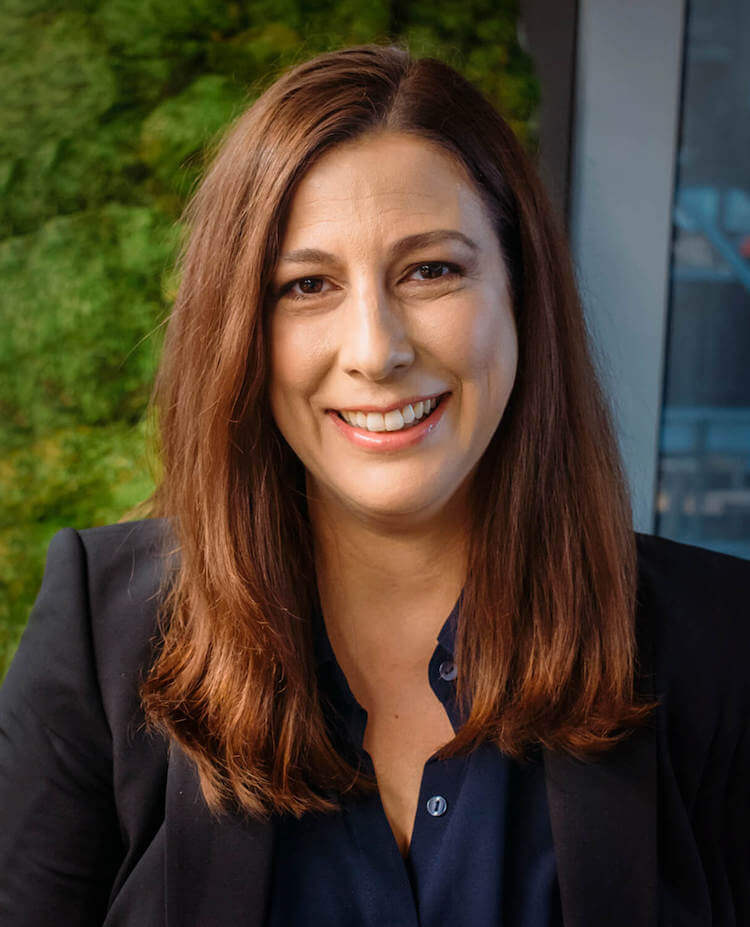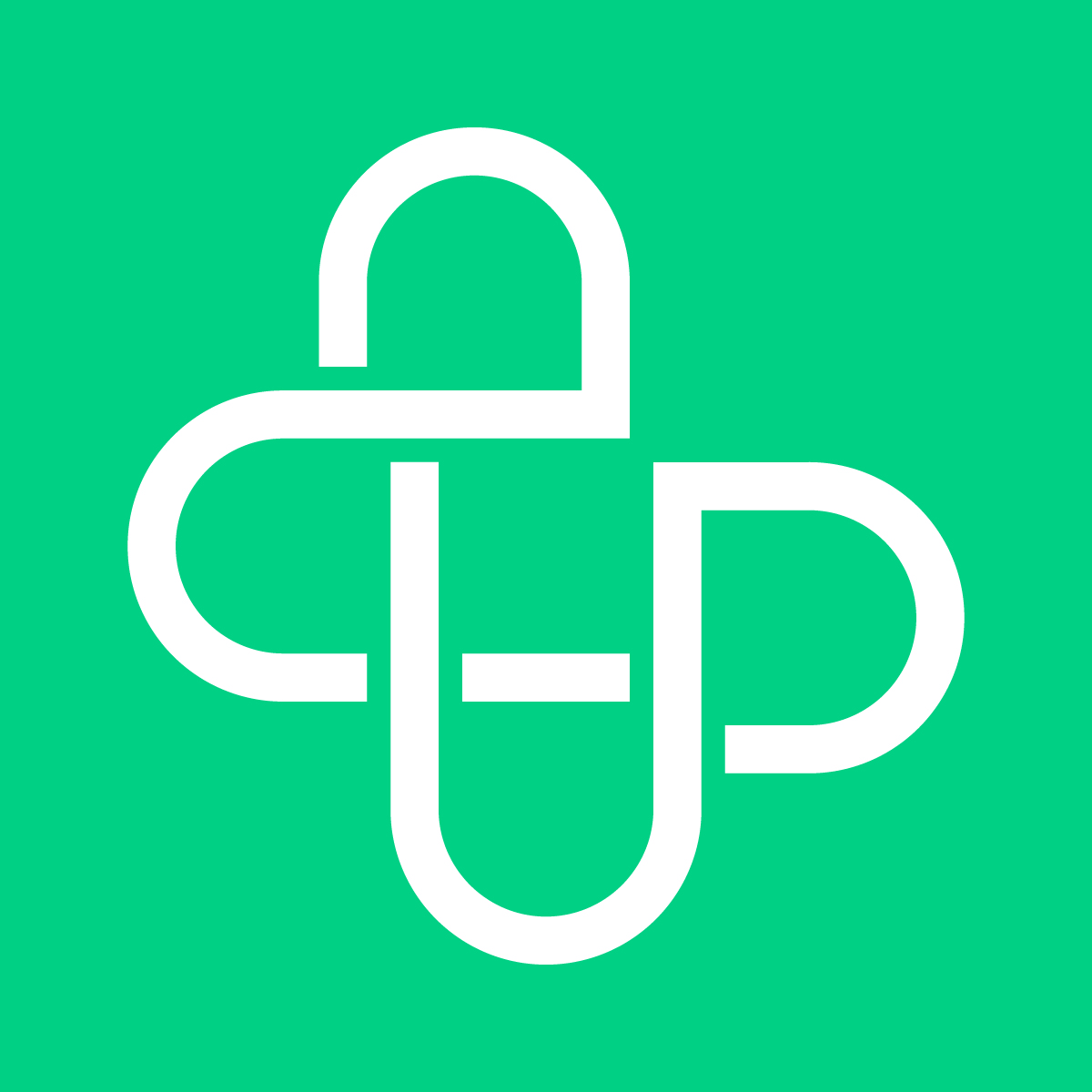With the country on the go again after two years of stasis, health systems once more find themselves besieged by their own inaction pertaining to making healthcare convenient and accessible. As patients return to their professional and personal routines, scheduling necessary care is again a struggle between crowded schedules on both sides. Health systems without a solid patient activation plan are now even more vulnerable to patient defection. Addressing this deficiency is more urgent than ever as a familiar competitor re-enters the conversation.
Amazon and One Medical
Amazon’s One Medical acquisition announcement sent shockwaves through both big tech and healthcare, undoubtedly grabbing the attention of health system leaders still regaining their bearings post-Covid. The acquisition marks a significant advancement in Amazon’s “three legs of the stool” strategy – a consolidation of primary care, pharmacy, and diagnostics meant to increase convenience for patients and visibility for providers.
The purchase, reportedly the third largest in Amazon’s history, feels both sudden and inevitable, as Amazon’s baby steps into healthcare abruptly transitioned into an all-out sprint. So, what did Amazon see that was worth running full speed towards? Both the present and downstream value of access, personalization, and the overall patient experience.
What One Medical clearly does best is make healthcare convenient and accessible for its members. By guaranteeing appointments, both virtual or in one of their many brick-and-mortar locations, One Medical ensures that their members feel seen, heard, and valued. In short, they engender loyalty by providing a patient experience second to none. That is a big deal in this age of patient transience, where only 43% of patients even have a relationship with a primary care provider, let alone are loyal to them.
What is less apparent, but equally important, is the downstream impact this loyalty has on operational efficiency in this era of value-based care. One Medical’s Sept 2021 acquisition of Iora Health and resulting success validated One Medical’s model for scaling care in both fee for service and value-based models, as nearly 80% of the patients they absorbed from Iora were risk-based. One Medical subsequently demonstrated that delivering a high-touch, positive patient experience benefits all models of care. The two trains, often thought to run headlong into each other, can indeed be parallel tracked. By making it easy for patients to seek out and access care, especially the type of preventive care and interventions that close care gaps and prevent worse-case outcomes, One Medical delivers better care generating better outcomes at lower cost.
Convenient, Accessible and Efficient Healthcare
Health system leaders worried about what Amazon does next – buy a hospital? buy a health plan? – are better served focusing on what Amazon just did. More specifically, what they just paid for. The One Medical acquisition demonstrates that Amazon is all-in on making the patient experience more convenient; and that, even beyond convenience, Amazon is now heavily invested in steering patients towards high-quality, low-cost healthcare that they can now very efficiently deliver. They are betting heavy that, by melding a membership model with appointment demand management and underpinning it with technology that makes omnichannel communication, navigation and engagement broadly effective, this time they can reinvent healthcare for real.
How do Hospitals Defend their Business?
For hospitals already under siege, the time to arm up to keep your patients is now. You are in the thick of it as the competition is getting smarter and stronger. Amazon will be working hard to take your patients if you don’t work harder and smarter to keep them. There are countless examples of markets Amazon has already taken over, going all the way back to booksellers.
In fact, in a national market research study conducted by Upfront Healthcare and Ipsos, more than half of respondents under age 45 agreed, “Amazon knows me better than my doctor knows me,” which should alarm any healthcare executives looking to protect or grow their market share.
Despite the hundreds of millions of dollars so many healthcare systems have allocated to EMRs, and the additional investments made in CRMs, the average patient still experiences a great deal of frustration scheduling care, communicating with providers to get questions answered, and receiving personalized, relevant health information in a timely manner. Having an EMR and patient portal is not a strategy. Having an industry agnostic CRM is not a strategy. Sending text messages is not a strategy. Activating and retaining patients through personalized and proactive omnichannel communication and convenient omnichannel delivery models? Now, that is a strategy.
Personalization not only provides a superior patient experience and greater results, it’s a defense against incursion by innovative, consumer-centric companies who are gaining a foothold in the healthcare arena. Companies that have based their success on understanding consumer needs and preferences – not only Amazon but CVS and Walmart – threaten to disrupt traditional healthcare and eat into providers’ market share. Fortunately, Upfront’s patient engagement platform uses the same consumer science that these retailers use to personalize patient engagement and motivate desired behaviors.
Patients will not wait months to be seen in the future. Time to get going.






